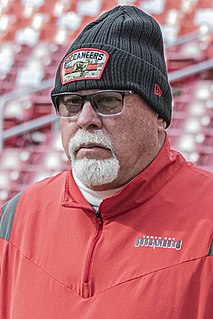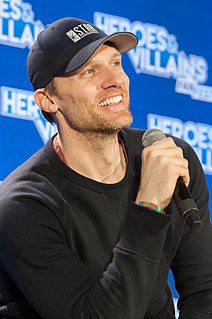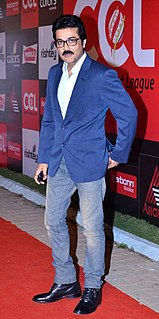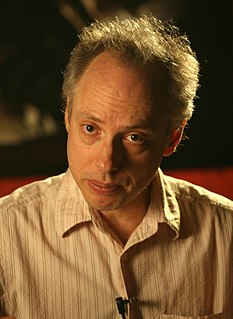A Quote by Dino De Laurentiis
To me the only real star of the movie is the writer. And I work with writers very closely, from outline to first draft and on to the seventh draft, whatever it takes. Then my job is to support the director to make the best movie we can. Some producers try to go past them, but my job is to support them.
Related Quotes
After finishing the first draft, I work for as long as it takes (for two or three weeks, most often) to rework that first draft on a computer. Usually that involves expansion: filling in and adding to, but trying not to lose the spontaneous, direct sound. I use that first draft as a touchstone to make sure everything else in that section has the same sound, the same tone and impression of spontaneity.
Much of an editor's job is in fact pretty nanny-like in nature: in many ways, you're there to protect and defend, to reassure and clean up. What I ask from writers is respect. I want them to respect me enough to turn in a clean draft. I want that draft to be as good as they can make it. I want to feel the thought behind those words. And I want it to be turned in on time. It drives me wild when I get a story that's obviously slapped together, and the same can be said for a manuscript; you should respect your reader enough to give her something that reflects your best efforts.
I came out to Los Angeles for a couple of meetings in the summer of 2005, and I ended up getting a movie called Firehouse Dog for Fox. And I thought, "Oh, man. I'm doing a movie. Maybe I'll work a lot more now. I'm an actor now." Then, for eight, nine months I didn't work after that. After that movie, I began to get some guest star roles, fairly consistently, but because I had been so presumptuous before in thinking that the other jobs would lead to something, I realized: "Just get up. Go to work. Go home. This is your job just like everyone else's job."
Almost all good writing begins with terrible first efforts. You need to start somewhere. Start by getting something-anything-down on paper. A friend of mine says that the first draft is the down draft-you just get it down. The second draft is the up draft-you fix it up. You try to say what you have to say more accurately. And the third draft is the dental draft, where you check every tooth, to see if it's loose or cramped or decayed, or even, God help us, healthy.
You try to make them comfortable so they can do what they're best at, and make them shine. You always want to make an actor shine. I'm of the mind that there's no one - you, your mother, anyone, that if in the right place at the right time in the right context, couldn't shine in a movie. And so if it means, "Oh, I have to make them uncomfortable," then whatever it takes to get what I need up onscreen. It's all in the service of the story.





































